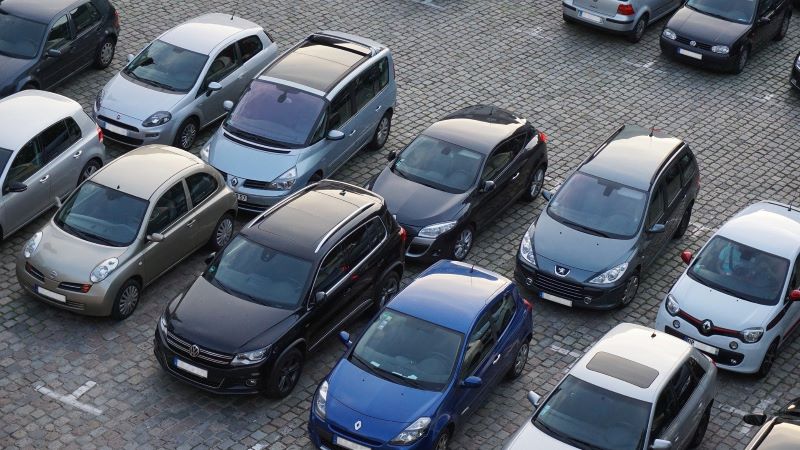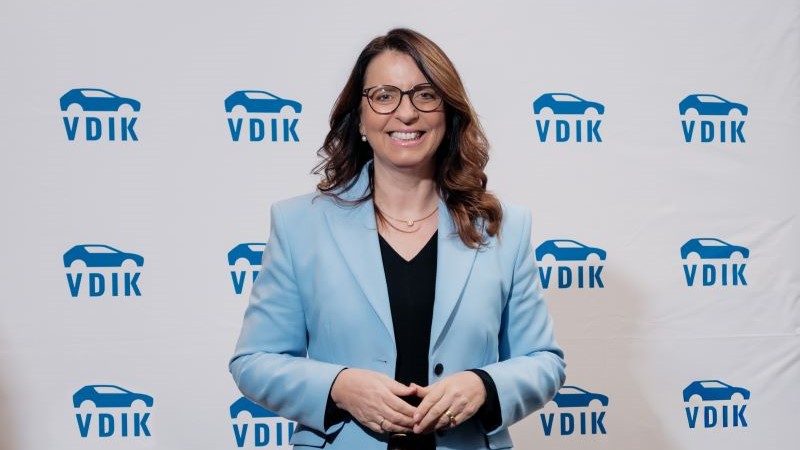The German passenger car market developed positively in the first half of 2023. New registrations increased by 13 percent in the first six months of this year. 1,396,900 new passenger cars hit the roads. International manufacturers achieved a market share of around 38 percent during this period. In June, the market grew by almost 25 percent compared to the same month last year, with the Federal Motor Transport Authority registering 280,200 new registrations.
Reinhard Zirpel, President of the Association of International Motor Vehicle Manufacturers (VDIK), said: “The German passenger car market has recovered noticeably in the first half of the year. As expected, new registrations have developed positively and are mainly driven by the slow reduction of the order backlog. For the overall passenger car market, however, it remains to be said despite the recovery: We are a long way from the market volumes of the pre-crisis period. In the first half of the year, however, new registrations remained 16 percent below the average of the 10 years before the start of the Corona crisis.”
Electric vehicles
New registrations of electric vehicles have fallen by 2 percent overall since the beginning of the year. Here, however, differentiation matters. Sales of plug-in hybrids slumped by 43 percent in the first half of the year, with only 79,100 units newly registered. This is because these vehicles have no longer been eligible for the environmental bonus since January 1. By contrast, fully electric vehicles increased by 32 percent to 220,200 new registrations in the first half of the year. In June, this trend toward all-electric vehicles intensified further, with growth of 64 percent compared with the same month of the previous year. This means that 53,000 all-electric passenger cars were newly registered in June, three times as many as plug-in hybrids.
Alternative drive systems
Alternative drive systems have steadily gained market share in recent years. However, this trend has come to a standstill since the beginning of the year. Passenger cars with alternative drives accounted for 45 percent of the total market in the first six months, only slightly up on the previous year. Gasoline engines achieved a market share of 37 percent. However, not even one in five new passenger cars now has a diesel engine (18 percent).
Fleet and private market
2023, commercial customers in particular are fuelling the market. At around 949,800 units, around 20 percent more passenger cars were newly registered for commercial use than in the same period last year. The private market grew only minimally to 447,100 units. The share of new private registrations in the overall market thus fell to 32 percent.
Commercial vehicles
In the first half of 2023, 177,700 commercial vehicles were also newly registered (up 23 percent). In contrast to the passenger car market, the market was slightly above the long-term average level after six months. The number of vehicles with alternative drive systems is also growing in commercial vehicles, although nowhere near to the same extent as in passenger cars.
Outlook
In 2022, 2.65 million new passenger cars were registered. “For 2023, the VDIK expects around 2.75 million new passenger cars. So we remain optimistic,” says Reinhard Zirpel. In terms of e-vehicles, the reduction of the environmental bonus is likely to have a greater impact on the distribution between plug-in hybrids and pure electric vehicles. Pure battery-electric passenger cars are expected to grow more strongly than expected, to 550,000 units.
| June | January – June | ||||
|---|---|---|---|---|---|
| +/- (%) | Share of total car market (%) |
+/- (%) | |||
| Passenger car | 280,100 | 24,7 | 1,396,900 | 12,8 | |
| – VDIK-brands | 110,200 | 24,4 | 39,3 | 528,500 | 7,6 |
| – german brands | 159,300 | 22,1 | 56,9 | 818,000 | 14,3 |
| – other brands | 10,700 | 97,2 | 3,8 | 50,400 | 62,7 |
| Electric vehicles (total) | 68,900 | 17,9 | 24,6 | 299,300 | -2,2 |
| – purely battery-powered | 53,000 | 64,4 | 18,9 | 220,200 | 31,6 |
| – plug-in-hybrids | 15,900 | -39,3 | 5,7 | 79,100 | -43,0 |
| Commercial vehicle | 32,900 | 28,2 | 177,700 | 22,7 | |
Source: KBA, VDIK





